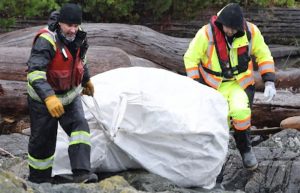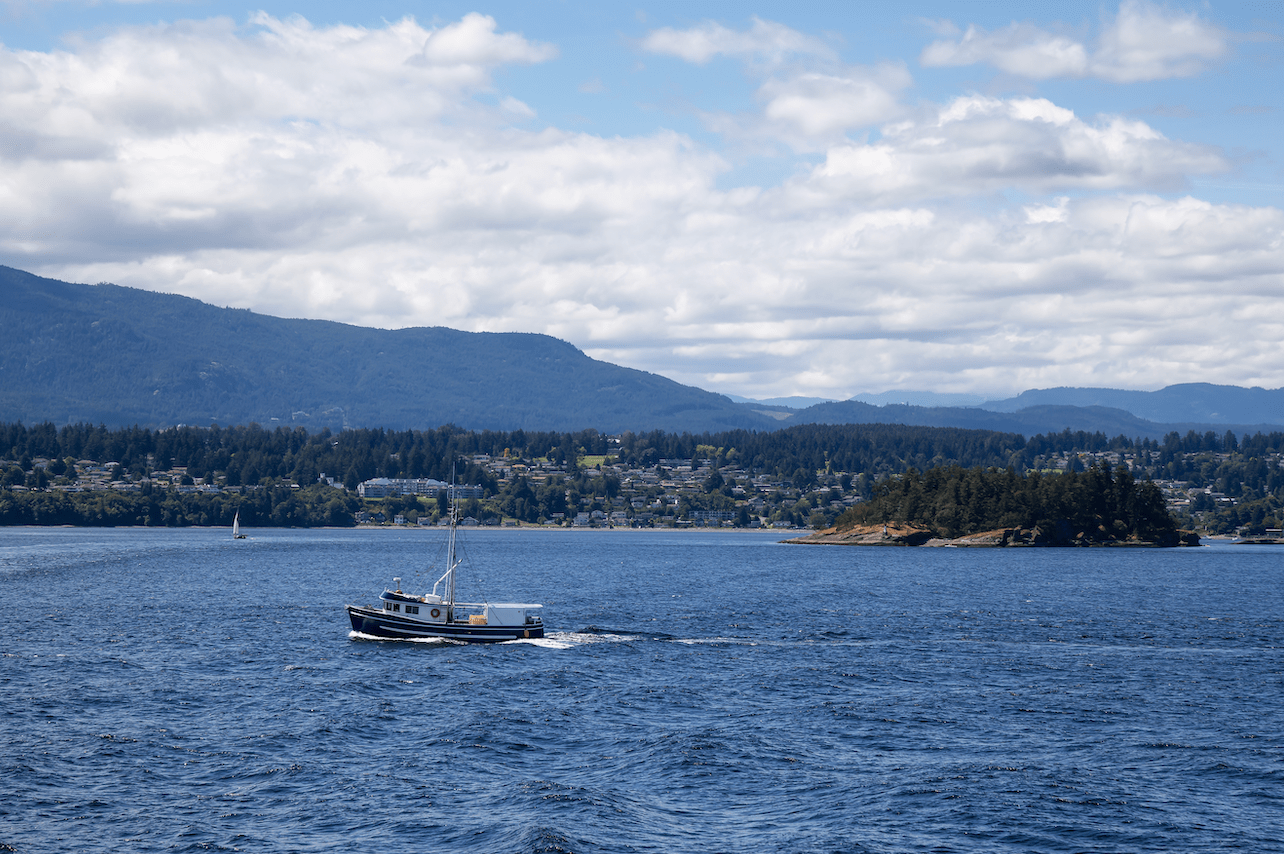
Young adults and volunteers are busy cleaning up local shores
CAMPBELL RIVER – CRATO – the Campbell River Association of Tour Operators, is busy cleaning up the coast thanks to funding from BC Provincial Clean Coast, Clean Waters.
CRATO received the funding last month as part of an initiative to employ young adults aged 16-29 and with the assistance of community volunteers.
The group of tour operators has been working with provincial government requirements to create a budget to supply work hours plus utilize boats, barges, helicopters and other heavy duty equipment to embark on removing 350 kilometres of shoreline from ocean garbage.
A dozen young adults from the region were initially employed to train on equipment and safety, as well as learn the many variables of finding and sorting ocean trash into recyclable, reusable piles – reducing the land fill content as much as possible.
The project requires specific supplies for sorting, and equipment to manage the harsh nature of the west coast shoreline, which demands high levels of safety procedures and training, all of which are deployed by the CRATO members.
“It’s shocking, even though we pass these shorelines all season, that we don’t see what has been pushed up by logs and trapped under rocks. No wonder our marine life is smothered and dying under the weight of ocean garbage,” notes CRATO President Bill Coltart, owner of Big Animal Encounters. “Whilst the job is an arduous and precarious one, it has to be done and if we can engage youth and make our community aware at the same time, then it’s a win-win”.
Leigh Nelson, employment coordinator and owner of Adventure Quest Canada, says “The first five days were relatively simple with mostly beach clean ups and a good show of volunteers to help scrape the areas. It was a good opportunity to train staff and volunteers plus, to discover best practices for when we got to the tougher areas.”
Currently the team is working areas which entail boat to shore operations, which are difficult landing shorelines for crew to find, gather and then load super sacks of large styrofoam blocks, abandoned ropes and fishing nets.
Tires of all sizes are found at every site, with some reaching up to 350 kilograms. To date the crew has collected over 10 tons of debris while covering an average of 5 kilometres a day.
The project is set to continue until the end of December.

